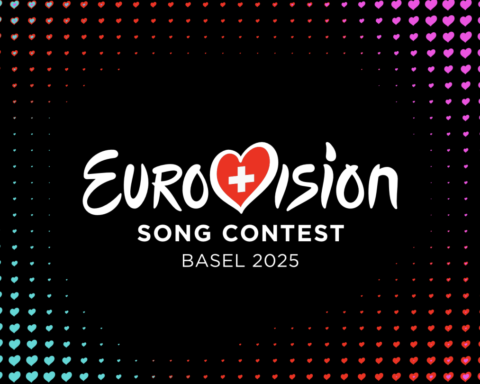The Eurovision Song Contest, a long-standing and beloved musical competition, has become a platform not only for showcasing musical talent across Europe and beyond but also for representing a broad spectrum of cultural and social issues. In recent years, the contest has been at the center of discussions regarding its representation and support of LGBTQ+ communities. Critics argue that Eurovision is promoting LGBTQ+ propaganda, while supporters commend it for fostering inclusivity and diversity. This article aims to explore the different perspectives on this issue, understanding the implications of such debates on the contest and society at large.
The Critique: Concerns Over Propaganda
Some groups and individuals have raised concerns that Eurovision is being used as a platform to promote LGBTQ+ propaganda. This perspective often stems from conservative viewpoints which see the contest’s inclusive policies and performances that openly support LGBTQ+ rights as an attempt to influence public opinion and societal norms regarding sexuality and gender identity. Critics argue that this goes beyond the contest’s original purpose of uniting countries through music, venturing into social activism that they believe should not be part of a music competition.
These concerns have been amplified by specific performances and acts that feature LGBTQ+ themes or artists who are openly part of the community. For example, the victory of Conchita Wurst, an Austrian drag queen, in 2014, was a watershed moment that sparked debate. For critics, moments like these highlight a shift in Eurovision’s focus, from music to promoting specific social messages.
The Support: Advocating for Diversity and Inclusion
On the other side of the debate, many argue that Eurovision’s embrace of LGBTQ+ representation is a positive move towards inclusivity and diversity. This perspective views the contest as a platform for unity and understanding, reflecting the diverse society we live in today. Supporters argue that by featuring LGBTQ+ artists and themes, Eurovision sends a powerful message of acceptance and equality, values that are deeply embedded in the ethos of the contest. Moreover, proponents highlight that music and art have long been mediums for social change and expression. They argue that Eurovision’s inclusion of LGBTQ+ content is not propaganda but rather a reflection of the evolving cultural landscape. This inclusivity is seen as a strength, showcasing the contest’s ability to adapt and remain relevant in changing times.
The Impact of the Debate
The debate over Eurovision’s representation of LGBTQ+ themes has broader implications. On one hand, it reflects ongoing societal discussions about the visibility and rights of LGBTQ+ individuals. On the other hand, it also raises questions about the role of international events and platforms in promoting social values and norms. Critics fear that emphasizing LGBTQ+ representation could alienate parts of the audience and detract from the universal appeal of the contest. In contrast, supporters believe that such representation is essential for fostering a more inclusive and accepting international community.
Conclusion
The discussion surrounding Eurovision and its alleged promotion of LGBTQ+ propaganda underscores the contest’s impact far beyond the realm of music. It highlights the tension between traditional values and progressive change within societies. Whether one views Eurovision’s inclusivity as a positive force for social change or as an unwelcome intrusion of activism into entertainment, it’s clear that the contest continues to be a significant cultural phenomenon that sparks important conversations about diversity, representation, and the power of music to unite or divide.
Ultimately, Eurovision’s approach to LGBTQ+ representation is a reflection of broader societal dynamics, making it a relevant and timely topic for discussion. As societies continue to evolve, so too will the debates around what is considered appropriate or beneficial in public platforms like Eurovision, underscoring the importance of ongoing dialogue and understanding across differing viewpoints.










